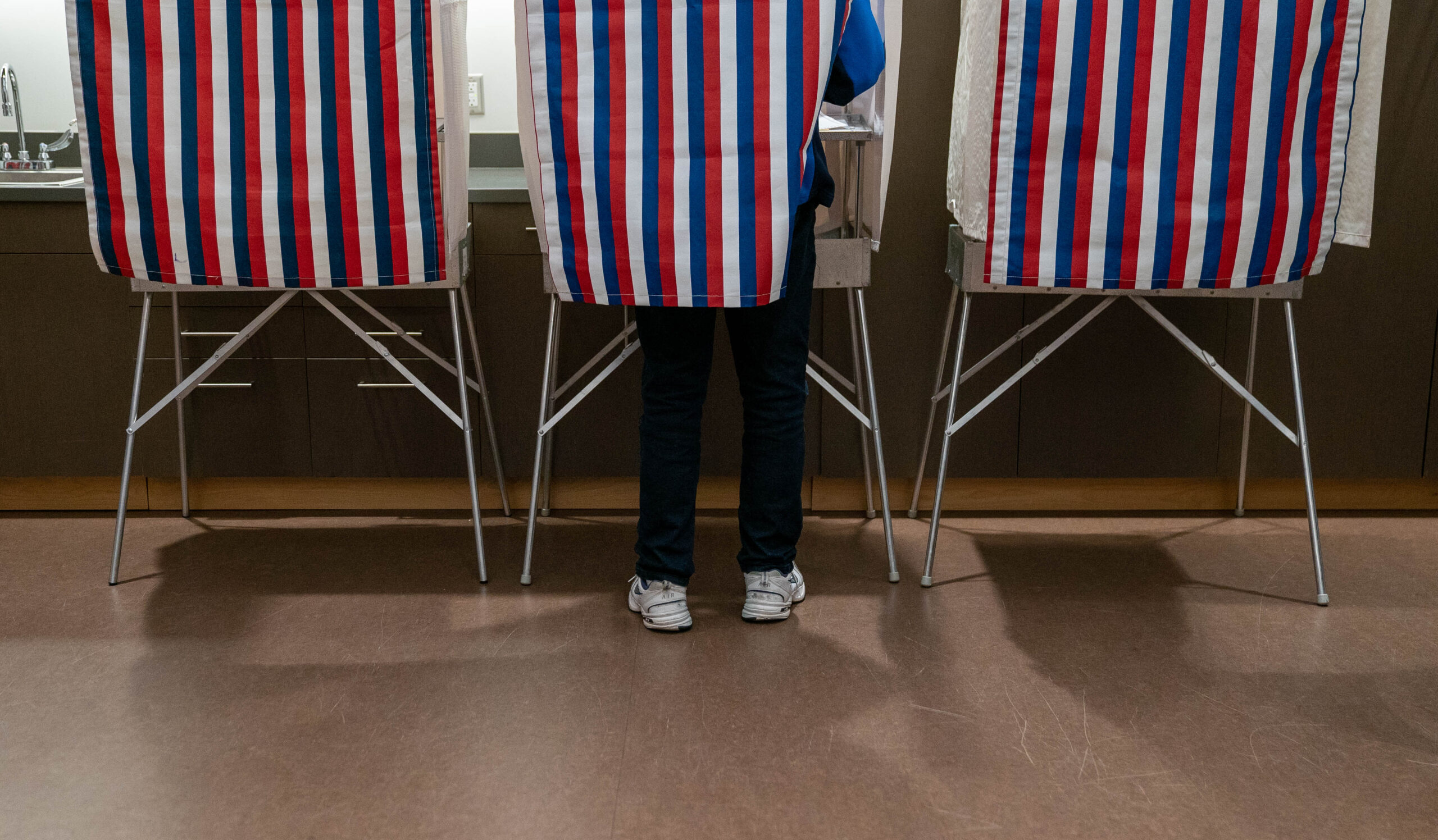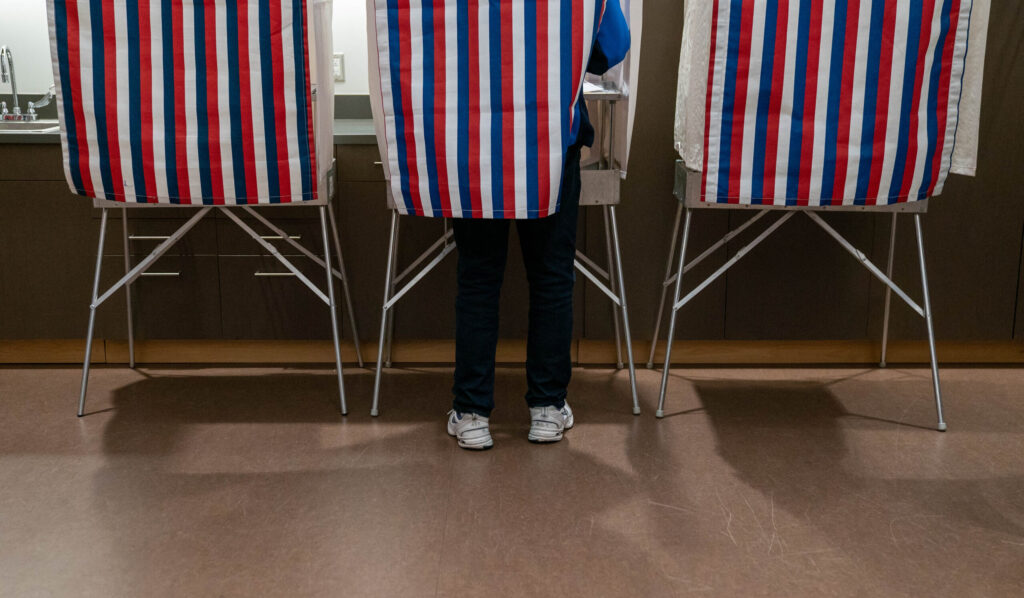
Supporters of Robert F. Kennedy Jr. on Friday submitted more than 5,900 signatures to the Alaska Department of Elections in hopes of getting the independent candidate on the ballot in this fall's presidential election.
If elected, Kennedy will join Cornel West as the only independents running in Alaska's presidential race.
According to state law and regulations, candidates who are not affiliated with one of the state's four recognized political parties must obtain the signatures of at least 3,614 registered Alaska voters to run for president in the state.
That figure represents 1% of voter turnout in the 2020 presidential election, and the benchmark for 2028 will be 1% of this year's turnout.
The standards are the same whether you are running as a true independent or as a member of an unrecognized party.
Unlike other elections, there is no option for a write-in candidate. So far, the Alaska Department of Elections has rejected three people who wanted to run as write-in candidates and one who failed to submit the required signatures.
Alaska's Democrats and Republicans plan to nominate Joe Biden and Donald Trump, respectively, and are not required to collect signatures.
Under state law, a recognized political party (an organization with at least 5,000 registered voters in the state) may nominate a presidential and vice presidential candidate in accordance with the party's rules and submit the names to the Department of Elections.
The Alaska Libertarian Party and the Alaska Independence Party also meet the 5,000 member threshold.
AIP traditionally does not nominate candidates, and party leader John Wayne Howe said that would be no different this year.
He said the party would not be endorsing any other candidates.
“None of them are up to our standards,” Howe said.
The National Libertarian Party nominated Chase Oliver as its presidential candidate at its national convention in May, but its Alaska chapter has not yet submitted a candidate to state officials.
Unlike other elections across Alaska, there is no top-four primary election: when voters go to the polls in November, they may have the opportunity to use ranked-choice voting and rank more than four candidates.
Scott Kendall, an Anchorage attorney who wrote much of the ballot measure that created Alaska's current election system, said that was by design.
Alaska's presidential primary elections have traditionally been run by political parties and are not funded or run by the state.
He said introducing state-run top-four primary elections would be an “unnecessary step” and disrupt the “long-standing tradition” of party-run presidential primaries.
Trump won Alaska's presidential elections in 2016 and 2020, and Kendall said he expects the Republican candidate to win the state's first ranked-choice presidential election in 2024.

